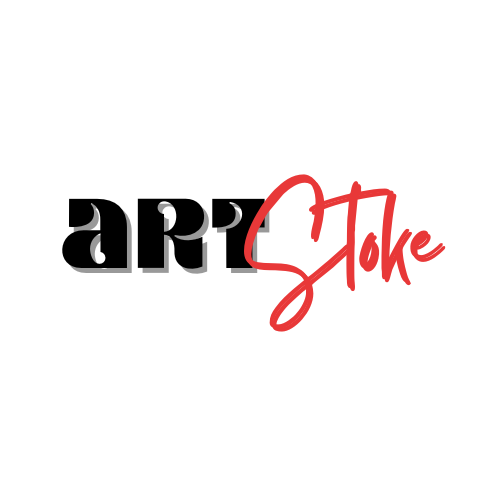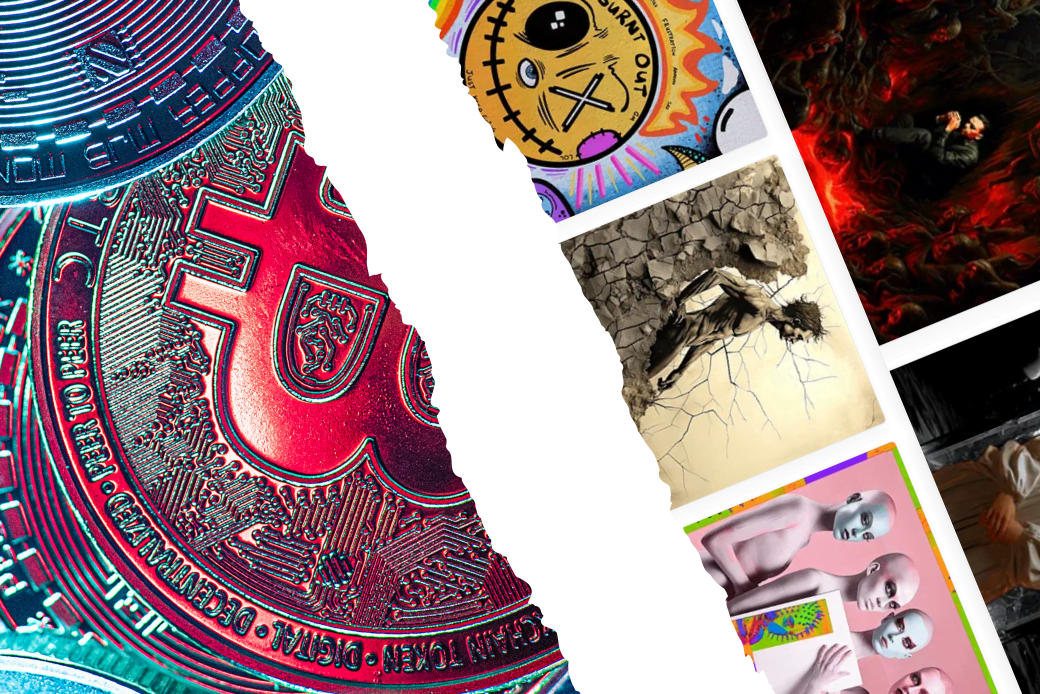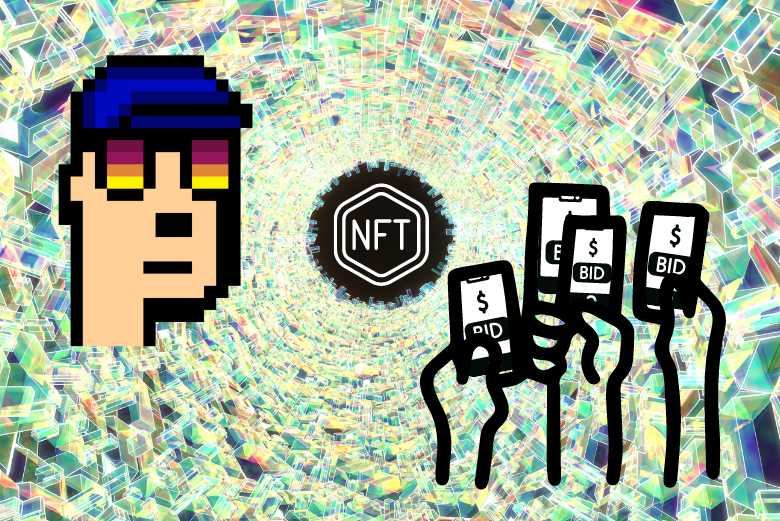Security (Fungible) tokens and NFTs (Non-Fungible Tokens) are both types of digital tokens built on blockchain technology, but they serve different purposes and have distinct characteristics.
Ownership and Representation
Security tokens represent ownership in a real-world asset, such as company shares, real estate, or other financial instruments. NFTs represent ownership of unique digital assets, such as digital art, music, virtual real estate and collectibles. NFTs are a digital item that people can truly own giving it object permanance.
Fungibility
Security tokens are generally fungible, meaning they are interchangeable with other tokens of the same type and value. For example, one share of a company’s security token is equivalent to another share of the same company’s security token.
NFTs are non-fungible, meaning each token is unique and cannot be exchanged on a one-to-one basis with another NFT. Each NFT has its own distinct characteristics, such as ownership history and metadata.
Regulation
Security tokens are subject to strict regulatory oversight, as they represent ownership in real-world assets and are considered financial securities. Issuing and trading security tokens often require compliance with securities regulations, such as Know Your Customer (KYC) and Anti-Money Laundering (AML) procedures.
NFTs, while valuable digital assets, are not inherently subject to the same level of regulation as security tokens. However, the sale and distribution of certain types of NFTs, such as digital collectibles or virtual real estate, may be subject to specific legal requirements in some jurisdictions.
Use Cases
Security tokens are primarily used for fractional ownership of assets, enabling easier transfer and trading of traditionally illiquid assets, such as real estate or fine art. NFTs find application in various industries, including digital art, gaming, virtual real estate, collectibles that benefit from provenance, ownership verification, and scarcity.
Security tokens (fungible) represent ownership in real-world assets and are subject to securities regulations, while NFTs represent ownership of unique digital assets and used in various creative and entertainment-related applications.




